This is an important initial step, opening a new legal corridor for scientific knowledge to enter the market, closely linking institutes - schools - enterprises, thereby realizing the spirit of Resolution No. 57-NQ/TW and the Capital Law (amended) in developing a knowledge-based economy and creative urban areas.
Hanoi pioneers in concretizing Decree No. 271/2025/ND-CP
Speaking at the opening of the workshop, Deputy Minister of Science and Technology Hoang Minh affirmed: "Over the years, the Party and State have always identified science, technology and innovation as the central driving force for socio-economic development. However, in reality, many research results have not been commercialized due to the lack of a complete and synchronous legal framework.
According to Deputy Minister Hoang Minh, the issuance of Decree No. 271/2025/ND-CP is a timely and breakthrough step, creating a legal basis for Hanoi, the place with the largest concentration of science and technology resources in the country, to implement the mechanism of "piloting first, spreading later". "In the context of implementing Resolution No. 57-NQ/TW of the Politburo, the Law on the Capital and the Law on Science, Technology and Innovation, Decree 271 has opened a new chapter, demonstrating a breakthrough vision in bringing research results into life, creating new momentum for the development of the knowledge economy".
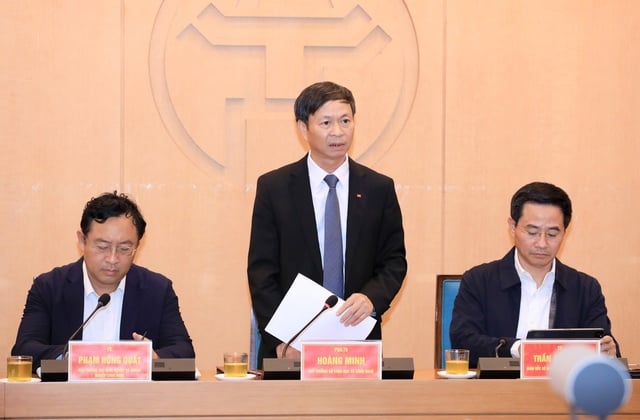
Deputy Minister of Science and Technology Hoang Minh spoke at the workshop.
Deputy Minister Hoang Minh said that Hanoi needs to make the most of the outstanding mechanisms allowed by Decree 271, soon forming businesses originating from universities and research institutes (spinoffs), contributing to nurturing the innovation ecosystem of the capital. The Deputy Minister emphasized that this Decree is not only a technical guide, but also the key to realizing the three-party cooperation model: State - University - Enterprise. The important thing is to quickly put regulations into practice, turn ideas into products, and turn research results into valuable goods.
At the workshop, Mr. Pham Hong Quat, Director of the Department of Startups and Technology Enterprises, presented an overview of the core contents of Decree 271/2025/ND-CP.
Mr. Pham Hong Quat said that Decree 271/2025/ND-CP details Clause 4, Article 23 of the Law on the Capital, allowing Hanoi to implement a number of outstanding mechanisms in commercializing scientific research results and technology development. It can be said that this is a significant 'upgrade' compared to previous regulations. In particular, compared to Decree 263/2025/ND-CP guiding the Law on Science, Technology and Innovation, Decree 271/2025/ND-CP creates conditions for public organizations, especially in the fields of education and science and technology, to use assets and research results to contribute capital and establish enterprises, which was previously very difficult.
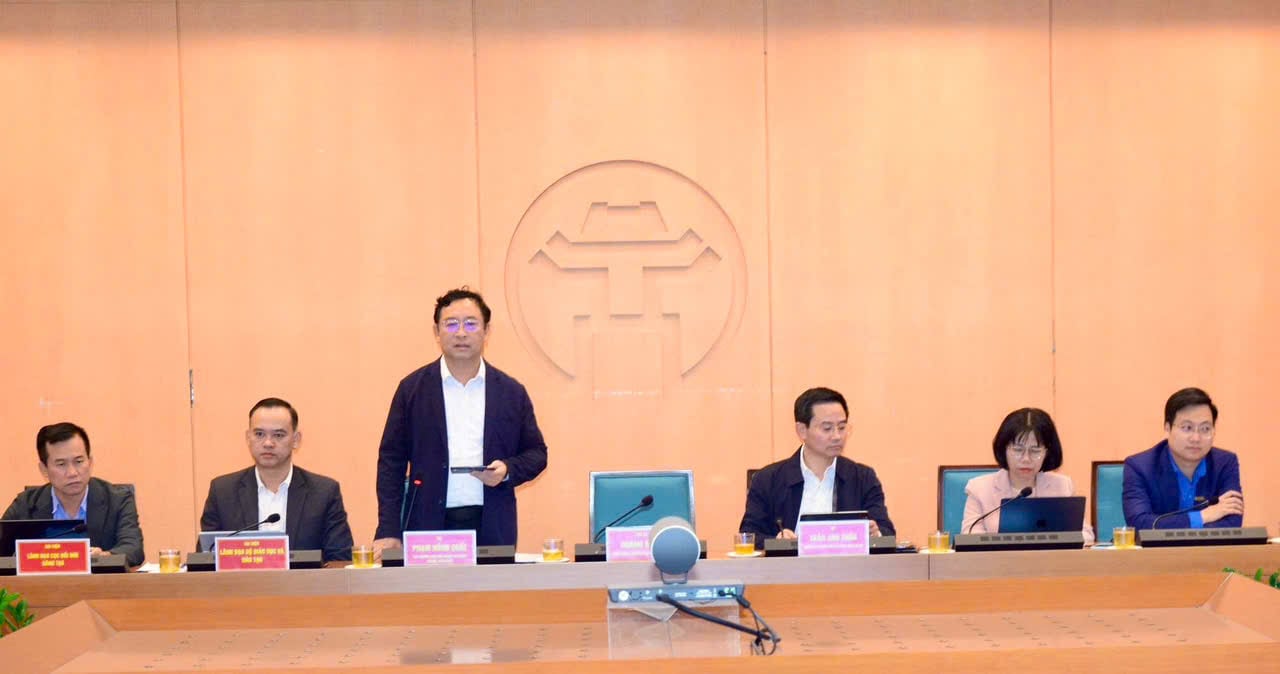
Mr. Pham Hong Quat spoke at the workshop.
"With Decree 271/2025/ND-CP, the role of universities and research institutes is more important than ever. They are not only places to create knowledge but also direct participants in the market, contributing to the formation of new technology enterprises, the 'seeds' for the knowledge economy of Hanoi and the whole country," Mr. Pham Hong Quat emphasized.
Spreading the spirit of innovation in the capital
Representatives of universities in the capital city all assessed Decree 271/2025/ND-CP as an important legal corridor, removing long-standing bottlenecks in intellectual property valuation and capital contribution mechanisms of civil servants.
Associate Professor Dr. Huynh Dang Chinh, Vice Rector of Hanoi University of Science and Technology, said: "We already have internal science and technology enterprises, but Decree 271 will help the mechanism of capital contribution, intellectual property valuation and employee benefits become clearer and more convenient. This is the basis for the university to become a true innovation center."
From another perspective, a representative of the Foreign Trade University said that Decree 271 has "unleashed" not only tangible assets, but also paved the way for the valuation of intangible assets such as brands and intellectual property, helping to promote the public-private partnership model in research and startups.

Overview of the Workshop.
Associate Professor Dr. Nguyen Anh Tuan, Chairman of the Council of Hanoi Capital University, proposed to specify the process of intellectual property valuation and the mechanism of capital contribution with other assets, while supporting vocational training institutions to participate more deeply in the city's innovation ecosystem.
Concluding the workshop, Director of the Hanoi Department of Science and Technology Tran Anh Tuan emphasized: "Hanoi has entered the action phase. Along with the implementation of 6 resolutions of the City People's Council on science, technology and innovation development, Decree 271 is an important key step to complete the closed chain: ordering, research, reimbursement, commercialization, and experimental sandbox."
The city has committed to spending 4% of its regular budget expenditure (equivalent to VND5,000 billion) on science and technology, and established an interdisciplinary working group to guide the piloting of science and technology enterprise models according to Decree 271/2025/ND-CP.
"In November and December, Hanoi strives to have the first businesses born from schools and research institutes. This will be the first step in a long journey of bringing knowledge to the market, making innovation the foundation for sustainable development of the capital.
By pioneering the implementation of Decree 271/2025/ND-CP, Hanoi not only implements a specific policy, but also shapes a new development model, where science, technology and innovation become the pillars of growth.
Source: https://mst.gov.vn/nghi-dinh-271-2025-nd-cp-mo-duong-cho-thuong-mai-hoa-ket-qua-nghien-cuu-khoa-hoc-197251025125244463.htm



![[Photo] President Luong Cuong receives heads of delegations attending the signing ceremony of the Hanoi Convention](https://vphoto.vietnam.vn/thumb/1200x675/vietnam/resource/IMAGE/2025/10/25/1761377309951_ndo_br_1-7006-jpg.webp)

![[Photo] General Secretary To Lam meets with General Secretary and President of Laos Thongloun Sisoulith](https://vphoto.vietnam.vn/thumb/1200x675/vietnam/resource/IMAGE/2025/10/25/1761380913135_a1-bnd-4751-1374-7632-jpg.webp)




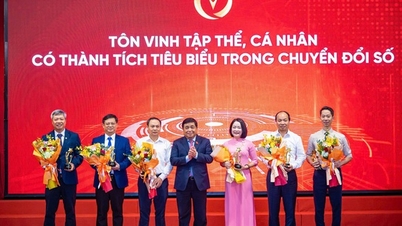


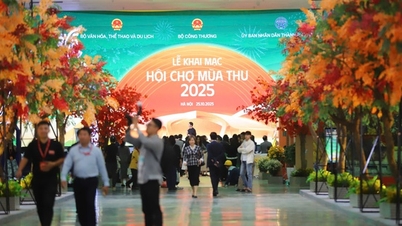
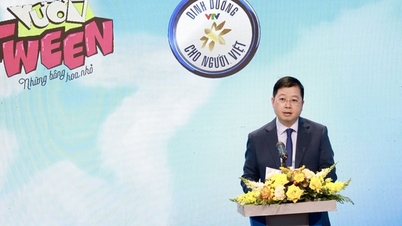





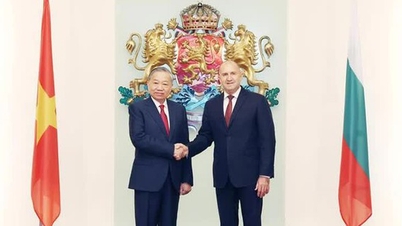
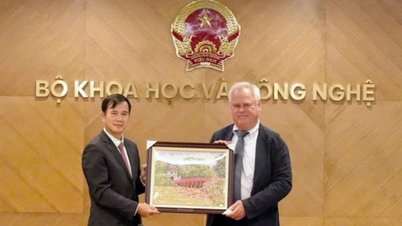
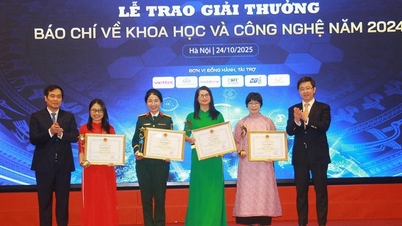
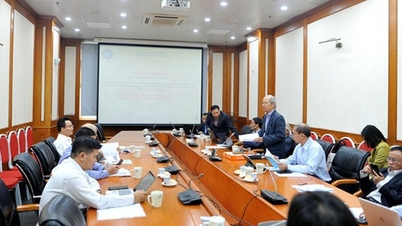
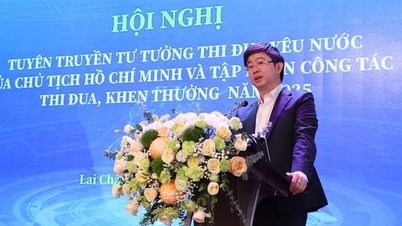
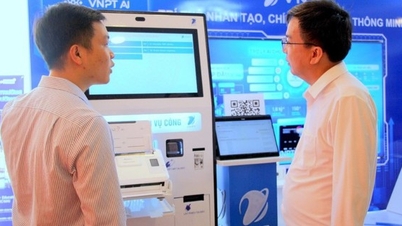
![[Photo] President Luong Cuong and United Nations Secretary-General Antonio Guterres chaired the signing ceremony of the Hanoi Convention.](https://vphoto.vietnam.vn/thumb/1200x675/vietnam/resource/IMAGE/2025/10/25/1761370409249_ndo_br_1-1794-jpg.webp)







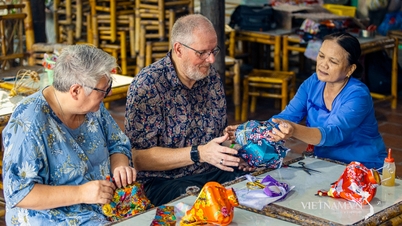






























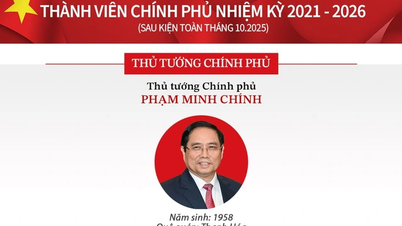

![[Photo] General Secretary To Lam receives United Nations Secretary-General Antonio Guterres](https://vphoto.vietnam.vn/thumb/402x226/vietnam/resource/IMAGE/2025/10/25/1761379090768_image.jpeg)




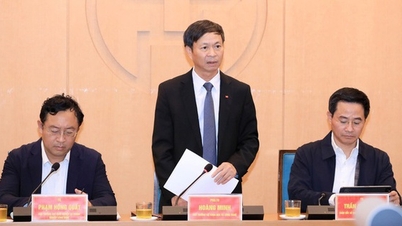
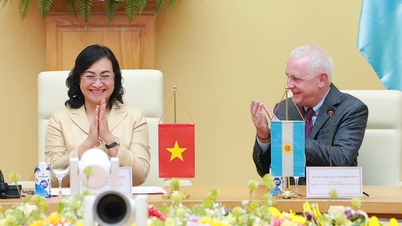






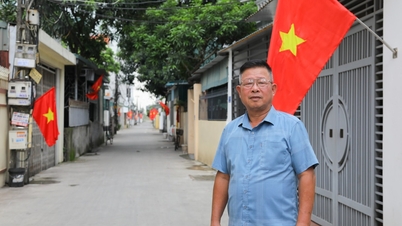





















Comment (0)